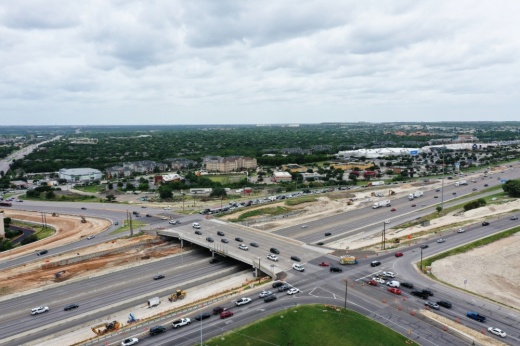However, for cities with 1 million to 3 million people, Austin commuters wasted more time in traffic than any other similar-sized city.
Despite that, the overall number of hours wasted in traffic dropped in Austin, largely thanks to the pandemic. In 2019 commuters wasted 68 hours each annually. In total, Austin commuters spent 48,435 hours in traffic in 2020 compared to 81,069 in 2019. The financial ramifications of all that time in traffic are significant. The TTI calculates the cost of congestion by adding the value of extra travel time, which it estimates to be $20.17 per person, plus the average fuel cost per gallon in each state.
In Austin’s case, congestion cost commuters $945 in 2020 and $1,520 in 2019, a number that exceeds the city’s 2017 median monthly rent of $1,244. TTI's Urban Mobility Report found that the pandemic created a highly unusual year in traffic patterns. For motorists throughout the country, 2020 looked like four distinct years.
Congestion was similar in January and February to 2019 levels. However, when the pandemic began, congestion plummeted to levels comparable with 1991. As the year progressed, it gradually increased to levels similar to 2000 from June to August and finally to levels similar to 2005 from September to December.
The report also looked at the excess fuel consumption stemming from congestion. Austin ranked ninth with 15 gallons per commuter in 2020 and 21st with 25 gallons in 2019.
Some of the findings indicated potential positives for traffic coming out of the pandemic, including a shift to flexible work schedules that could help to ease traffic.
“Flexible work hours and reliable internet connections allow employees to choose work schedules that are beneficial for meeting family needs and the needs of their jobs,” TTI Senior Research Scientist David Schrank said in a press release. “And it also reduces the demand for roadway space, which is beneficial for the rest of us.”
As for other Texas cities, Houston had the third most wasted hours in traffic with 49 hours; the Dallas-Fort Worth-Arlington metro area came in just behind Austin in eighth with 40 hours; and San Antonio came in 21st with 32 hours wasted.





